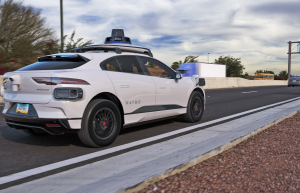The European Space Agency (ESA) successfully launched two Galileo satellites in Aug. 22 but noticed that they both went into wrong orbits few hours after the launch, confirmed Airanespace, which facilitated the launch.
Galileo is a global navigation satellite system developed by the European Union and ESA to provide an alternative GPS for consumers.
According a Forbes report, the problem occurred in the upper stage of the Soyuz rocket. This problem caused the satellites to be projected into a different orbit. The French commercial space transportation company is now working with ESA, NPO Lavotchkine and RKT-Progress to correct the issue. Together, the engineers will search for the root of the problem and prepare action plans to resolve it.
In a tweet, Arianespace Chief Executive Stéphane Israël announced that the company has formed a board that will investigate the incident.
Despite the incident, Arianespace has scheduled a new launch date of Sept. 14. However, It is still uncertain when the two Galileo satellites will be fully operational.
ESA ground teams are now able to control the satellites to deploy their arrays. A spokesperson toldForbes that another update will be released next week.
"Galileo does not stop here: it is a train on tracks and will get to its final destination," he said. "This is an unfortunate and unforeseen stop in its journey but we will get the end of the journey in 2020."
© 2025 HNGN, All rights reserved. Do not reproduce without permission.








